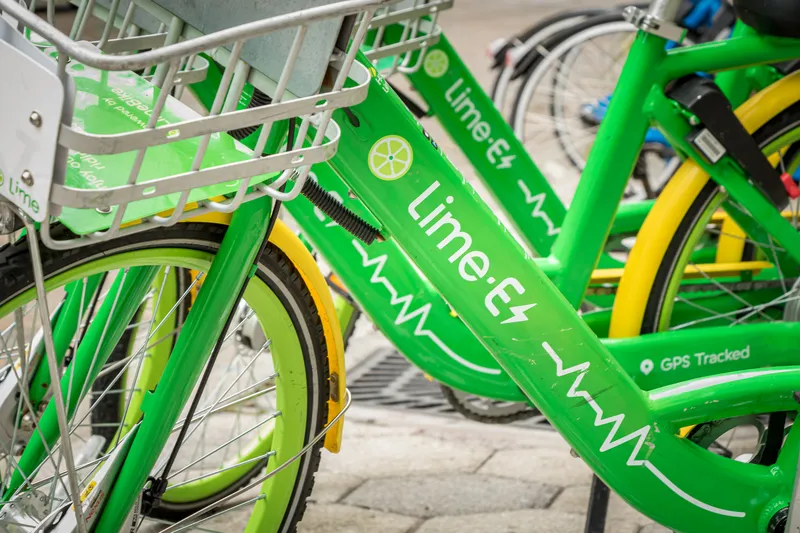A detailed survey carried out by international tyre manufacturer Bridgestone, road charity Brake and internet-based market research firm YouGov has revealed that a third of primary school parents have witnessed near misses outside the school gates.
More than half of parents are also worried about their child’s safety near roads on the school run, as autumn arrives and the nights get darker.
The survey also revealed that: Two thirds see 4-11 year olds crossing the road without holding the hand of an a
October 8, 2014
Read time: 2 mins
A detailed survey carried out by international tyre manufacturer Bridgestone, road charity 4235 Brake and internet-based market research firm YouGov has revealed that a third of primary school parents have witnessed near misses outside the school gates.
More than half of parents are also worried about their child’s safety near roads on the school run, as autumn arrives and the nights get darker.
The survey also revealed that: Two thirds see 4-11 year olds crossing the road without holding the hand of an adult; 17 per cent of school run drivers admit to parking illegally, not in designated areas; One quarter state they are more likely to drive their children to school in autumn/winter; and over three quarters of these are more likely to drive their child to school in bad weather.
Bridgestone and Brake are asking drivers to take care when driving near schools, slowing right down to 20mph or lower to give children a chance and reduce the near misses.
Bridgestone’s managing director John McNaught said: “With the days becoming shorter and weather conditions expected to become more challenging for drivers, now is ideal time to launch an awareness campaign.
“We commissioned research from YouGov, questioning 1,000 primary school parents, in an attempt to reinforce our safety messages. The findings certainly backed up our initial fears about road safety on the school run and we are glad to be partnering with Brake to raise awareness.”
Sarah-Jane Martin, spokesperson from Brake, said: “These are shocking figures, showing just how risky the journey to school can be for kids and parents. We’re asking all drivers to slow down and take care, especially around homes, schools and shops. We need to make sure our kids and people of all ages – not just the lucky few – can walk and cycle without being endangered.”
More than half of parents are also worried about their child’s safety near roads on the school run, as autumn arrives and the nights get darker.
The survey also revealed that: Two thirds see 4-11 year olds crossing the road without holding the hand of an adult; 17 per cent of school run drivers admit to parking illegally, not in designated areas; One quarter state they are more likely to drive their children to school in autumn/winter; and over three quarters of these are more likely to drive their child to school in bad weather.
Bridgestone and Brake are asking drivers to take care when driving near schools, slowing right down to 20mph or lower to give children a chance and reduce the near misses.
Bridgestone’s managing director John McNaught said: “With the days becoming shorter and weather conditions expected to become more challenging for drivers, now is ideal time to launch an awareness campaign.
“We commissioned research from YouGov, questioning 1,000 primary school parents, in an attempt to reinforce our safety messages. The findings certainly backed up our initial fears about road safety on the school run and we are glad to be partnering with Brake to raise awareness.”
Sarah-Jane Martin, spokesperson from Brake, said: “These are shocking figures, showing just how risky the journey to school can be for kids and parents. We’re asking all drivers to slow down and take care, especially around homes, schools and shops. We need to make sure our kids and people of all ages – not just the lucky few – can walk and cycle without being endangered.”








